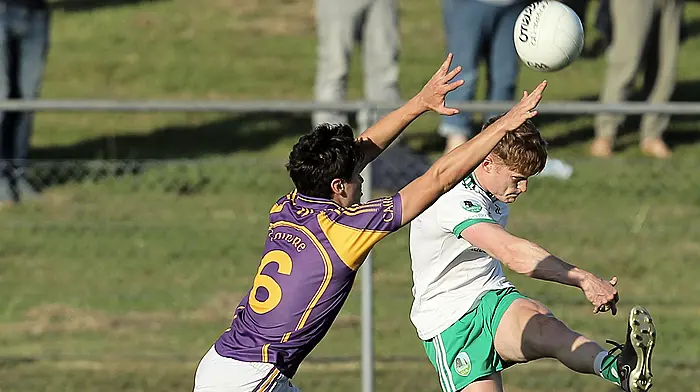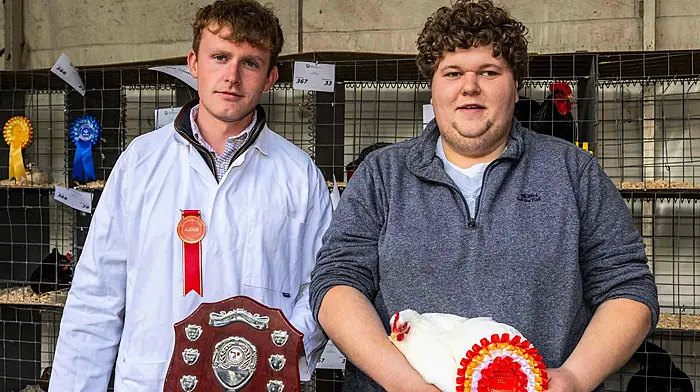THE issue of children’s mental health is back in the news this week, with an interim report having been published by the Mental Health Commission. The interim report arose from an independent review of the provision of Child and Adolescent Mental Health Services (Camhs).
The report made a number of shocking revelations.
One of the first discoveries it noted was that young people accessing mental health services with open cases have been ‘lost’ to follow-up care. In plain speaking, there was no follow-up for many children after their initial meetings.
Given that it is so difficult to even get into the Camhs system due to the increasingly long waiting lists (almost 4,000 last November, and rising), then we can only deduce that those children who successfully made it into the system were the ones who were in serious need of care. And yet many cases have been ‘lost’ and these children have been, in effect, cut loose from the system. But that was not the only shocking finding – it fact there were very many.
The report also refers to long waiting lists, wide variation in acceptance rates, unacceptable variations in care, lack of capacity to provide appropriate therapeutic interventions, absent or poor care planning, lack of emergency Camhs services and out-of-hours services, staff shortages, dedicated teams with overworked staff that were burnt out and stressed, lack of clinical governance, lack of joint working with other agencies, lack of child-centred care, lack of administrative support, and the lack of ICT systems.
Referring to the clients themselves, the report found some very distressing cases studies, including evidence that some teams were not monitoring antipsychotic medication, in accordance with international standards (there are currently no Irish national standards). Consequently, some children were taking medication without appropriate blood tests and physical monitoring, which is essential when on this medication, it stated.
The report also identified significant deficits across many HSE teams and areas reviewed. These included team members working beyond their contracted hours, often without compensation, to continue to provide a service. There was evidence of stress and burnout in a significant number of team members. The report found that staff worked extremely hard within the often-limited resources to try to provide a good service to the public.
The inspector decided to produce the interim report due to ‘the serious concerns and consequent risks for some patients’ that were found across four out of the five areas that had been examined so far. It urged ‘urgent and targeted’ action be taken to address the stated risks. The report is a shocking indictment of our system which is meant to help children and teenagers struggling with their mental health.
In this paper this week, two people with knowledge of mental health services in this country, have spoken of their frustration with the system. One, a parent, points to the fact that the reviews in themselves are diverting an already stretched staff from their primary tasks – to help young people with their mental health.
Our other contributor points to the injustice of a system which allows those with more financial ability to avail of the private system, while those relying solely on the public health system appear to be ignored unless there is a drastic incident in their lives which requires immediate intervention.
Worryingly, this interim report is now recommending more reviews, as it calls on the HSE and the Minister for Health to launch an immediate clinical review of all open cases in all Camhs teams.While it is a worthwhile suggestion, it must be remembered that such reviews, unless carried out by an external body in their totality, will only serve to put new pressure on existing, frighteningly limited, resources. And whatever the outcomes, renewed efforts to increase staffing levels will need to be among the very top priorities if Camhs is ever to become an effective service for the thousands of Irish children and teenagers struggling with their mental health.










